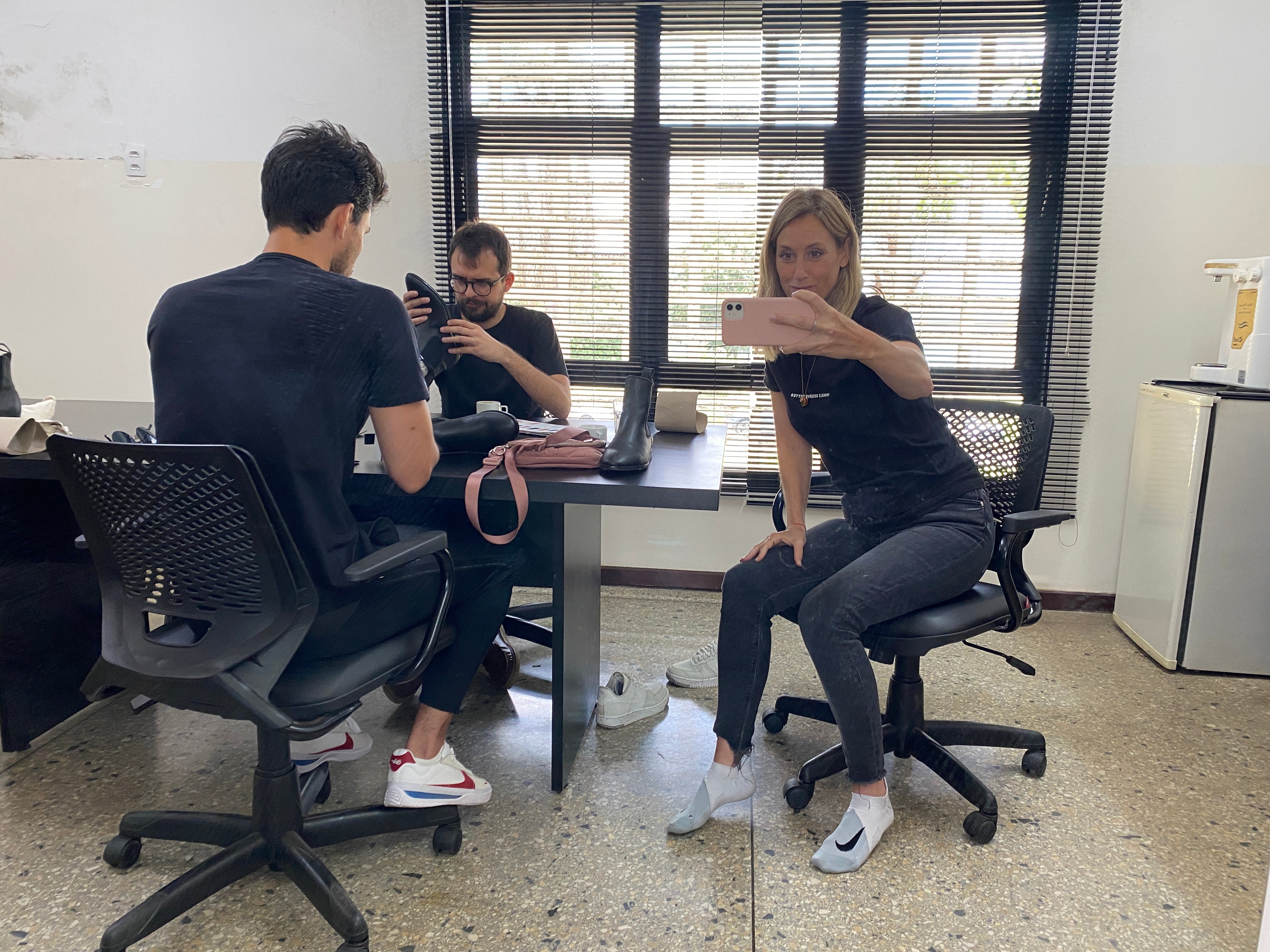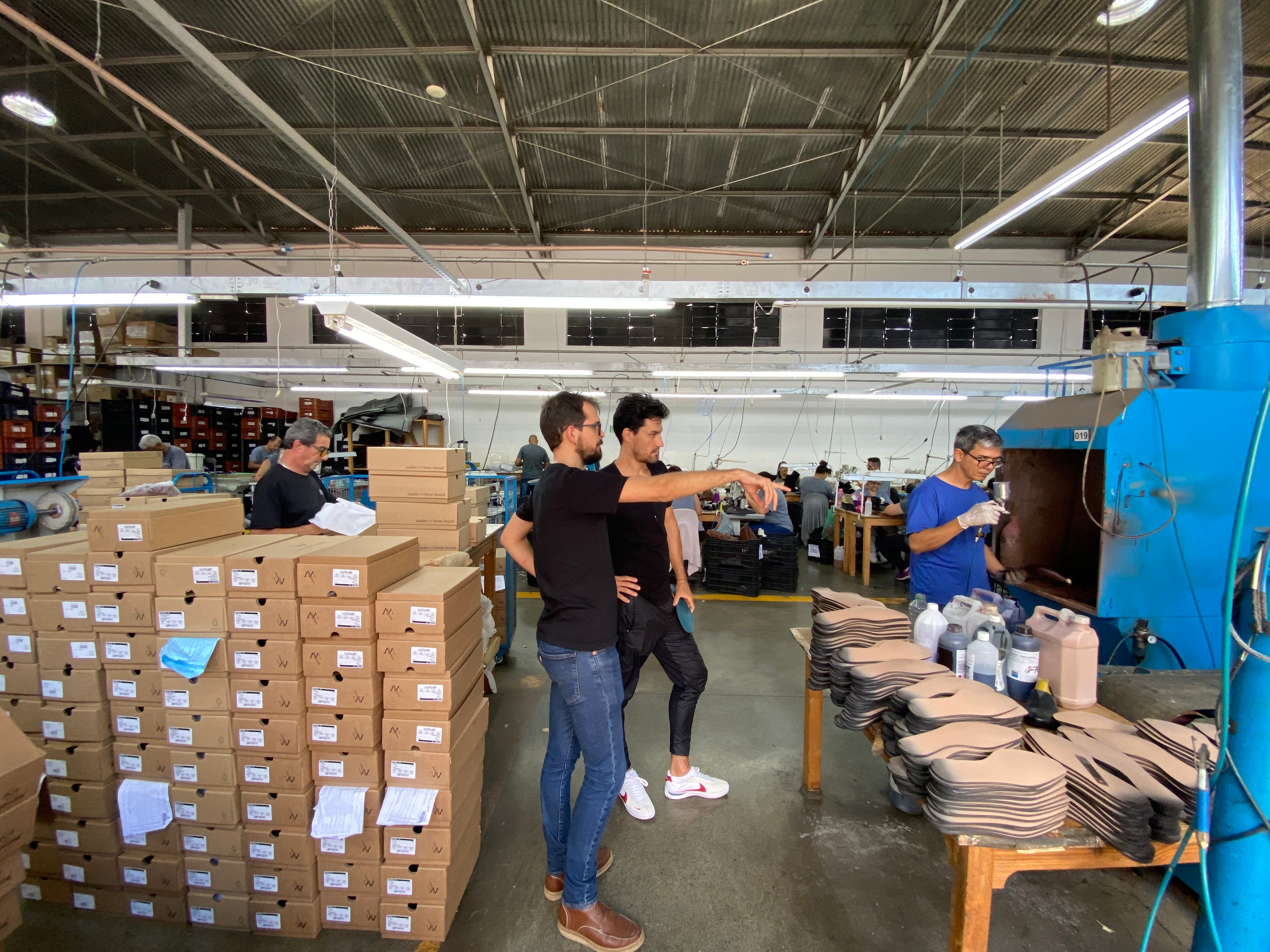In recent years, the vegan movement has expanded beyond the realms of dietary choices to encompass various aspects of daily living, including fashion.
As people become more conscious of the impact their lifestyle has on animals and the environment, vegan fashion has emerged as a compassionate and sustainable alternative to traditional clothing. Let's delve into the world of what vegans wear and the exciting realm of vegan fashion!
Vegan fashion embraces the principle of avoiding the use of animal-derived materials in the manufacturing process. It focuses on cruelty-free and sustainable alternatives that align with the ethical values of veganism. By adopting vegan fashion, individuals can support a compassionate and eco-friendly approach to clothing without compromising on style or quality.
One of the most well-known aspects of vegan fashion is the avoidance of animal skins, such as leather, fur, and exotic materials. Thankfully, there are numerous innovative and sustainable alternatives available. For instance, synthetic leathers, made from materials like polyurethane or recycled plastics, mimic the look and feel of genuine leather while sparing animal lives. These alternatives are not only cruelty-free but also reduce the environmental impact associated with traditional leather production.
Similarly, faux fur has gained popularity as a stylish and ethical alternative to real fur. Advances in technology have made it possible to create synthetic fur that closely resembles the real thing. These faux fur options allow fashion enthusiasts to express their personal style without contributing to the suffering of animals.
Vegan fashion also extends to accessories. Instead of using materials like silk, which is derived from silkworms, or pearls, which involve the exploitation of oysters, vegan options are available. For example, vegan silk, also known as "peace silk" or "cruelty-free silk," is made from the fibers of silk cocoons after the moths have emerged naturally. This process ensures that no harm comes to the silkworms.
Additionally, there are alternatives to traditional wool, such as organic cotton, hemp, bamboo, and innovative fabrics made from recycled materials. These sustainable textiles not only provide comfort and durability but also significantly reduce the environmental impact associated with animal agriculture and the fashion industry as a whole.
Vegan fashion isn't just about materials; it also encompasses fair labor practices and sustainable production methods. Many vegan fashion brands strive to create garments that are ethically manufactured, ensuring safe working conditions and fair wages for workers. By supporting these brands, individuals can promote social justice while advocating for animal rights.
With the growing demand for vegan fashion, designers and retailers are recognizing the need to cater to this compassionate consumer base. As a result, vegan fashion is becoming increasingly accessible, with dedicated vegan brands and sections within mainstream retailers. The rise of online platforms has also made it easier than ever to discover and purchase vegan fashion items, opening up a world of options for conscious consumers.
Vegan fashion is not a compromise; it's an expression of values, creativity, and sustainability. By choosing vegan clothing and accessories, individuals can make a positive impact on animals, the environment, and the fashion industry as a whole. So whether you're passionate about veganism, sustainability, or simply appreciate beautiful and compassionate style, exploring the realm of vegan fashion is a step towards a kinder, more conscious wardrobe.
Remember, fashion can be a powerful tool for change, and choosing vegan options allows us to dress our values and wear compassion with pride.
Together, we can redefine the future of fashion, one cruelty-free outfit at a time! 🌿✨


